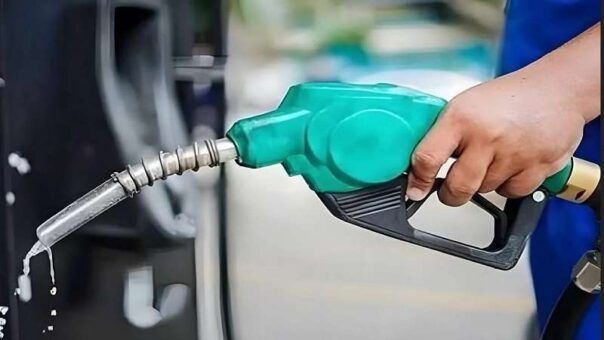Karachi, February 28, 2024 – In the wake of economic dynamics, Pakistan is gearing up for a potential increase in petroleum product prices, with speculations pointing towards adjustments set to take effect from March 1, 2024.
Sources indicate that the government is poised to reassess petroleum product prices on February 29, 2024, ahead of the first fortnight of March. If these speculations hold true, consumers might witness a surge of Rs 3.50 per liter in petrol prices and an additional Re 1 per liter for High-Speed Diesel (HSD).
The anticipated increase in the price of HSD, commonly used in the transportation sector, carries potential inflationary implications. Conversely, the forecast suggests a reduction of 80 paisa per litre for light diesel oil (LDO) and a 70-paisa hike in kerosene oil prices.
A key factor contributing to the expected price adjustments is the import premium. For petrol, the estimated import premium stands at 10.48, following an increase from $9.43 per barrel. Meanwhile, the import premium for HSD is projected at $6.50 per barrel. Additionally, the government is imposing a Petroleum Levy of Rs 60 per litre on both HSD and petrol.
Reports highlight that the Oil and Gas Regulatory Authority (OGRA) is yet to finalize the recommended fuel prices for the first half of March. OGRA’s calculations will consider monthly tax targets, estimated fuel consumption, and the supply cost associated with the Pakistan State Oil (PSO).
Examining recent trends, January witnessed a decline in the sale of total petroleum products in Pakistan, amounting to 1.38 million tons. This represents a four percent year-on-year decrease compared to the same period in the previous year, largely influenced by reduced petrol and diesel sales.
While the short-term inflation has shown a consistent downward trend, decelerating to 30.68 percent year-on-year in the week ending February 22, 2024, as per official data, the looming increase in petroleum prices may pose challenges to the stabilization efforts.
As the nation awaits the official announcement, consumers, businesses, and policymakers will closely monitor the implications of the potential price adjustments on various sectors of the economy. The delicate balance between economic stability and consumer affordability remains a critical consideration for the government as it navigates through these impending changes.
